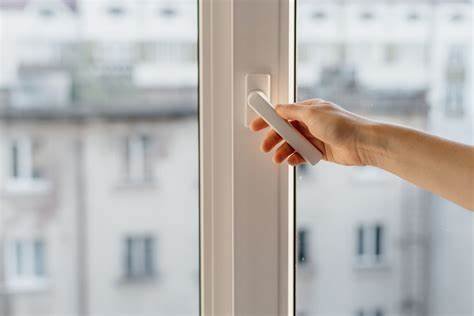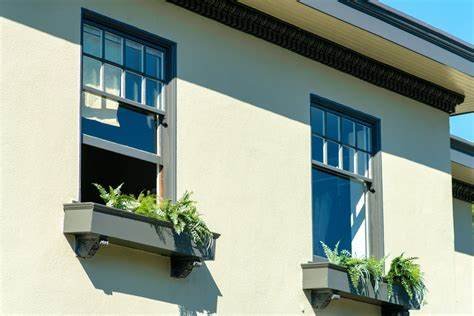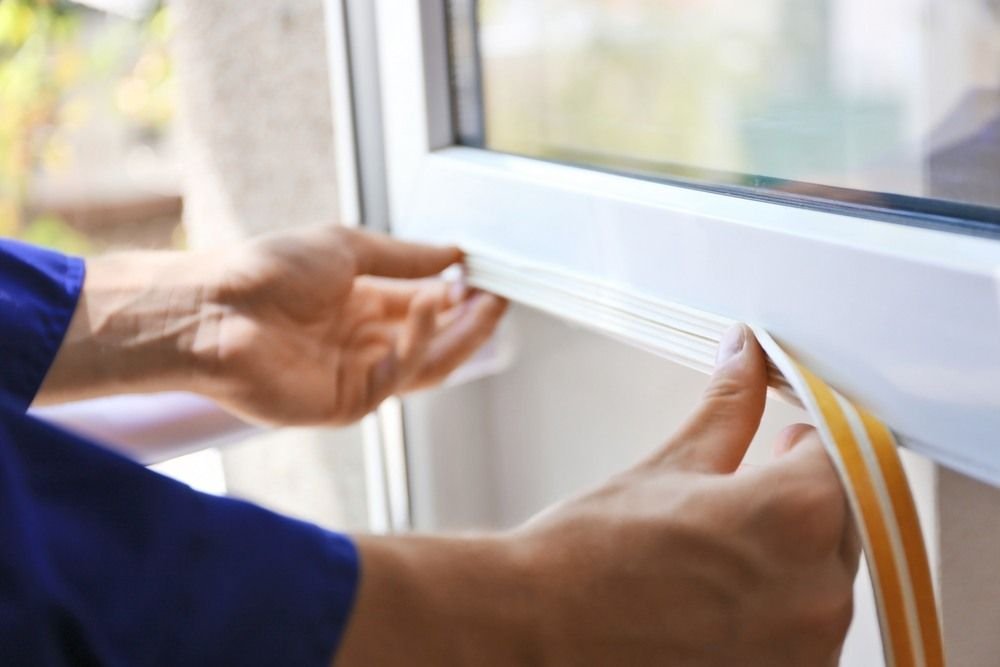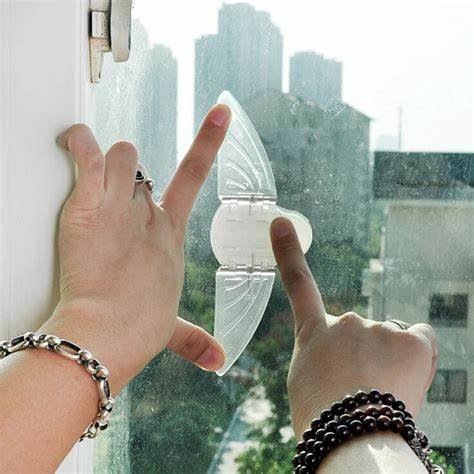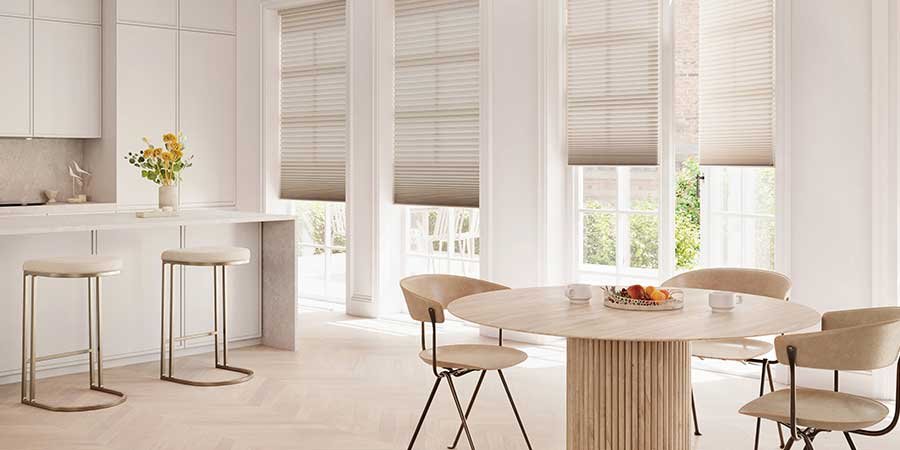Living in a noisy environment can be stressful, whether it’s traffic, construction, or noisy neighbors. Many homeowners seek solutions to create a peaceful and quiet space. One popular option is soundproof windows. These specialized windows are designed to reduce the amount of noise that enters your home. In this article, we’ll explore how soundproof windows work, their benefits, and whether they are worth the investment.
1. What Are Soundproof Windows?
Soundproof windows are windows designed to reduce noise transmission from the outside environment into your home. They are typically made with specialized materials and construction techniques that help to block sound waves. These windows are often double- or triple-glazed, with multiple layers of glass, air pockets, or gas-filled spaces in between to absorb sound vibrations.
How Do Soundproof Windows Work?
The key to soundproof windows lies in their construction. A combination of thicker glass, air or gas layers, and special seals all work together to minimize noise. The windows may include:
- Multiple panes of glass: Double- or triple-glazed windows feature two or three panes of glass that are spaced apart to create sound barriers.
- Soundproofing gas: Between the glass panes, gases like argon or krypton can help to improve insulation and reduce noise.
- Laminate layers: Some soundproof windows use a special layer of laminated glass to further block sound vibrations.
- Seals and insulation: High-quality seals prevent air gaps, which could allow sound to seep through.
2. Benefits of Soundproof Windows
Soundproof windows offer several advantages that can enhance the comfort and value of your home. Here are some of the top benefits:
1. Noise Reduction
The primary benefit of soundproof windows is their ability to significantly reduce noise from outside. Whether you live near a busy street, an airport, or in a noisy neighborhood, these windows can block unwanted sounds and create a much quieter living space.
2. Improved Privacy
Soundproof windows not only block external noise but also reduce the likelihood of sound escaping from your home. This can increase your privacy, ensuring that conversations or activities inside your home are less likely to be overheard by neighbors or passersby.
3. Energy Efficiency
Soundproof windows often provide better insulation than standard windows, which can help regulate your home’s temperature. The air gaps between the panes of glass act as an insulating barrier, keeping warm air inside during the winter and preventing heat from entering during the summer. This can lower your heating and cooling costs.
4. Increased Property Value
Installing soundproof windows can add value to your property. Potential buyers who are sensitive to noise will appreciate the peace and quiet that soundproof windows offer, making your home more attractive in a competitive real estate market.
5. Better Sleep and Well-Being
Reducing noise pollution can have a direct impact on your health. Studies show that excessive noise can disrupt sleep, increase stress, and contribute to health problems like hypertension. With soundproof windows, you can enjoy a more restful night’s sleep and overall better well-being.
3. Are Soundproof Windows Worth the Investment?
While soundproof windows offer clear benefits, they do come with a higher price tag than standard windows. The cost of soundproof windows depends on various factors, such as the size of your windows, the materials used, and the level of soundproofing required. Here’s what you should consider when determining if they’re worth the investment:
1. Noise Levels in Your Area
If you live in an area with constant, bothersome noise, soundproof windows could be a worthwhile investment. If you live in a relatively quiet area or only experience occasional noise, the need for soundproofing may be less urgent. Assess the noise level in your home and determine how much of an issue it is for your comfort before deciding.
2. Improvement in Quality of Life
For those who work from home, have young children, or simply value peace and quiet, soundproof windows can significantly improve your quality of life. The ability to create a tranquil home environment, free from distractions, is a major benefit for many people.
3. Energy Savings
If you’re also looking to improve energy efficiency, soundproof windows can help reduce heating and cooling costs, making them a more cost-effective long-term investment. The added insulation can result in significant savings on your utility bills over time.
4. Aesthetic Considerations
Soundproof windows may have a thicker design due to the multiple layers of glass. While this may affect the aesthetics of your home, many modern soundproof windows are designed to blend seamlessly with the existing decor. Consider how important window appearance is for you and whether the benefits of soundproofing outweigh any visual considerations.
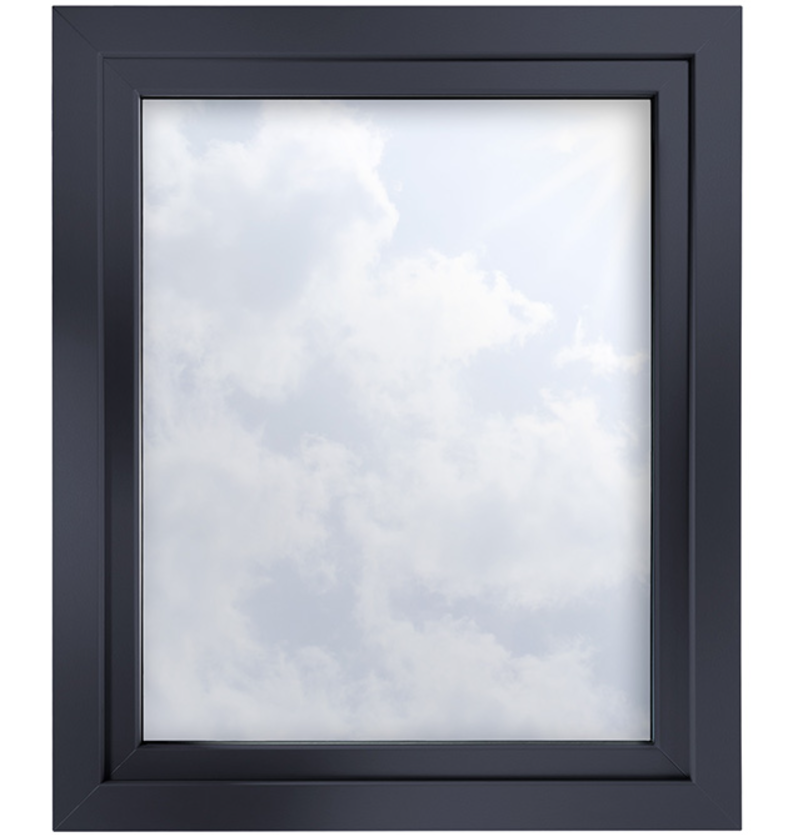
5. Long-Term Value
Installing soundproof windows can increase the resale value of your home. If you plan to sell your home in the future, having soundproof windows could make your property stand out and attract buyers who prioritize quiet, peaceful living environments.
4. Alternatives to Soundproof Windows
If the cost of soundproof windows is outside of your budget, there are other methods to reduce noise in your home. Here are a few alternatives:
1. Window Inserts
Window inserts are a less expensive solution to soundproofing. These are acrylic or glass panels that fit inside your existing windows to create an additional layer of insulation and reduce noise. While not as effective as full soundproof windows, they can still help to mitigate sound and are a more budget-friendly option.
2. Heavy Curtains or Drapes
Using heavy, thick curtains or soundproof drapes can reduce the amount of noise that enters through windows. These curtains are often made with specialized materials designed to block sound and can be a temporary or supplementary solution to soundproof windows.
3. Weatherstripping
Improperly sealed windows can allow noise to enter through gaps around the frame. Applying weatherstripping or using window seals can help block sound from entering through small openings, though it may not be as effective as installing soundproof windows.
5. Conclusion
Soundproof windows are an excellent investment for homeowners who experience significant outside noise and seek a quieter, more peaceful living environment. While they come with a higher initial cost, the benefits of noise reduction, improved energy efficiency, enhanced privacy, and better sleep quality can make them well worth the investment. If you’re looking to create a quieter home and are willing to invest in long-term comfort, soundproof windows are a highly effective solution







